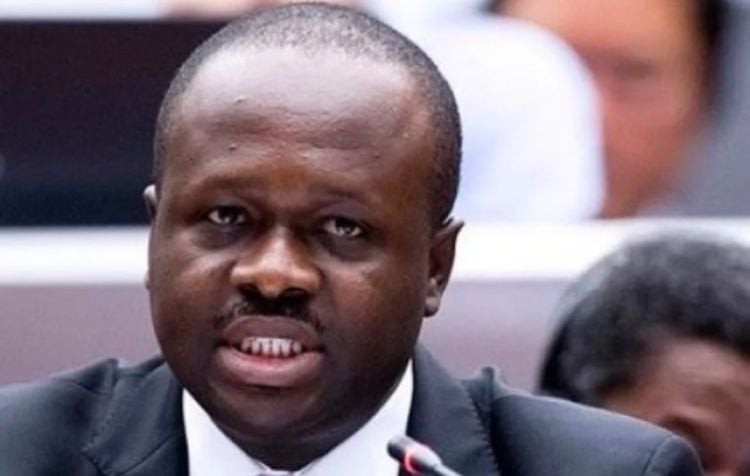The impending return of John Dramani Mahama to the presidency, accompanied by Professor Naana Jane Opoku-Agyemang as Ghana’s first female Vice President, has ignited a sense of optimism within the National Democratic Congress (NDC). Dr. Edward Omane Boamah, a prominent figure within the NDC, has articulated this hopeful outlook, viewing the incoming administration as a pivotal opportunity to rectify the perceived missteps of the outgoing New Patriotic Party (NPP) government. He contends that a successful tenure focused on national development and addressing the current economic and institutional challenges could effectively relegate the NPP to a prolonged period in opposition. This belief hinges on the premise that a demonstrably improved Ghana under NDC leadership will resonate powerfully with the electorate, making a return to NPP rule less appealing.
Boamah’s assertion underscores a fundamental aspect of democratic governance: the power vested in the citizenry. He emphasizes that the ultimate judgment lies with the Ghanaian people, whose votes determine the political landscape. This acknowledgement of the electorate’s sovereignty underscores the importance of the NDC delivering on its promises and prioritizing the needs of the population. Boamah’s statement is not merely a prediction of the NPP’s political future; it serves as a call to action for the incoming NDC administration to govern effectively and earn the continued trust of the Ghanaian people.
The anticipated “reset” envisioned by Boamah encompasses a multifaceted approach to governance. He identifies the economy and institutional decay as key areas requiring immediate attention. The implication is that the NPP’s tenure has been detrimental to both, necessitating a significant course correction. While not explicitly detailing the specific policies the NDC intends to implement, Boamah’s statement suggests a comprehensive strategy to revitalize the economy and strengthen the nation’s institutions. This rebuilding process, he believes, will serve as the cornerstone of a long-lasting NDC dominance in Ghanaian politics.
The “damage” alluded to by Boamah paints a picture of a nation in need of substantial repair. While he refrains from explicitly listing the alleged damages, the implication is that the NPP’s governance has left a negative impact on the country and its citizens. This perceived damage forms the basis of Boamah’s confidence in the NDC’s ability to maintain a long-term political advantage. By effectively addressing these perceived shortcomings, the NDC aims to solidify its position as the preferred choice for the Ghanaian electorate.
The prospect of Professor Naana Jane Opoku-Agyemang becoming Ghana’s first female Vice President adds a historical dimension to the NDC’s return to power. This milestone represents a significant step towards greater gender representation in Ghanaian politics and carries symbolic weight for the nation. While Boamah’s statement primarily focuses on the broader political landscape and the NDC’s vision for Ghana, the historical significance of Opoku-Agyemang’s vice presidency cannot be overlooked. It signifies a potential shift in the dynamics of Ghanaian politics and adds another layer of complexity to the NDC’s anticipated tenure.
In essence, Dr. Omane Boamah’s statement is a declaration of faith in the NDC’s ability to deliver meaningful change for Ghana. He believes that a successful NDC government, focused on addressing the nation’s challenges and prioritizing the needs of its citizens, will effectively marginalize the NPP for an extended period. This confidence stems from a perceived contrast between the two parties’ approaches to governance, with the NDC positioning itself as the party best equipped to steer Ghana towards a more prosperous future. The ultimate test of this assertion, however, will lie in the NDC’s ability to translate its vision into tangible results and earn the continued mandate of the Ghanaian people.


